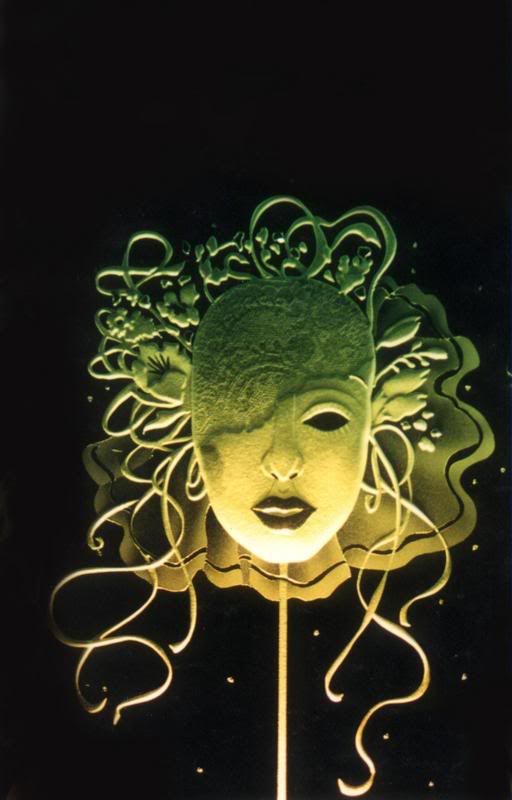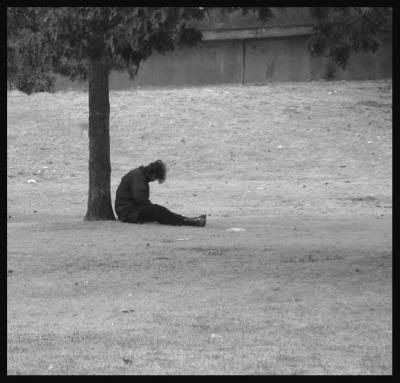Taking Off the Mask
 Years ago I read a section in C.S. Lewis’ small book “Beyond Personality” that tells the story about “someone who had to wear a mask; a mask which made him look much nicer than he really was. He had to wear it for years. And when he took it off he found his own face had grown to fit it. He was now really beautiful. What had begun as a disguise had become a reality.” The author’s point was that the Christian should dress up as Christ—behave as if they really possessed the attributes of the Savior. Eventually these things would actually become part of their personality.
Years ago I read a section in C.S. Lewis’ small book “Beyond Personality” that tells the story about “someone who had to wear a mask; a mask which made him look much nicer than he really was. He had to wear it for years. And when he took it off he found his own face had grown to fit it. He was now really beautiful. What had begun as a disguise had become a reality.” The author’s point was that the Christian should dress up as Christ—behave as if they really possessed the attributes of the Savior. Eventually these things would actually become part of their personality.That young, idealistic girl who read the story immediately put on the mask. I’ve worn the mask for years, trying to become the perfect Mormon girl.
I don’t know what I’m doing wrong. The face beneath has not grown to fit. The mask was comfortable for a while; especially when I was a SAHM of eight, fulfilling callings in the Church and pouring all of my energy into keeping the family going. But as far as helping me become more like Christ, the mask has been a miserable failure. Pretending to be kind and sweet to all I meet has not made me more kind. Pretending to be obedient, humble and submissive has made me a hypocrite.
Now the mask is popping off with a vengeance. (Picture Jim Carrey in reverse: me trying to hold the mask on my face, the mask throwing me every which way trying to pull itself off.) I know the mask’s days are numbered. But I’m afraid to show my true face. I haven’t seen it for so long. Is that true face an ugly, warted monstrosity? Is it a failure to live up to the commitments I made and become a truly Christlike person? Please don’t discount this possibility. This is the point of view of all who are dear to me and I halfway believe it. But somewhere deep down I wonder if my true self might be nice to look at. It might be nice to live with. It isn’t what I was aiming for, but it might be all I have.
Labels: spirituality









